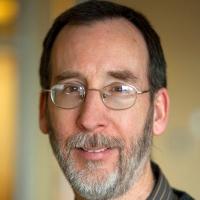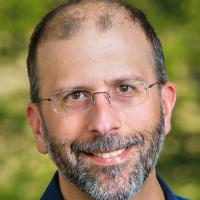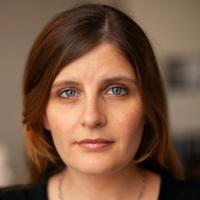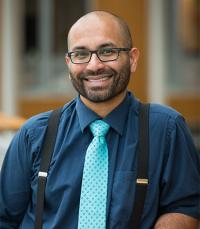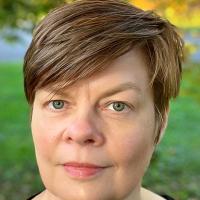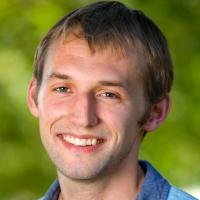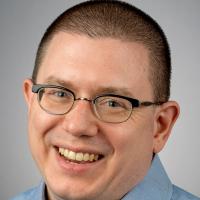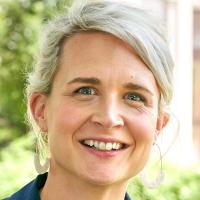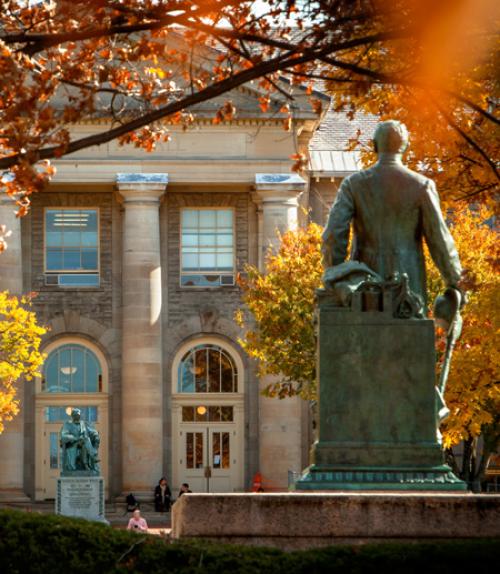Eight faculty members have been selected to receive Stephen H. Weiss Awards honoring excellence in undergraduate teaching and mentoring, President Martha E. Pollack announced Oct. 14.
“I’m delighted to recognize our outstanding faculty recipients of this year’s Weiss Awards for their undergraduate teaching,” Pollack said. “The awards highlight the pinnacle of exceptional teaching, which is a mainstay of what makes Cornell extraordinary.”
Three awards are named in honor of the late Stephen H. Weiss ’57, who chaired the Cornell Board of Trustees from 1989-97. Weiss conceived of the Presidential Fellowship Award, first bestowed in 1992, to recognize a sustained record of commitment to undergraduate education. The board in 2016 introduced the Junior Fellowship Award, recognizing early-career tenured faculty, and the Provost’s Teaching Fellowship Award, honoring nontenured faculty members.
A selection committee of six faculty members and three students (two graduate students and one undergraduate) recommended this year’s recipients after reviewing 20 nominations detailing the instructors’ skill and dedication inside and outside the classroom, based on course evaluations and letters from students and faculty or staff.
The Stephen H. Weiss Presidential Fellows are David Albonesi, professor in the School of Electrical and Computer Engineering in the College of Engineering; Michael H. Goldstein, professor of psychology in the College of Arts and Sciences (A&S); Verity Platt, professor of classics (A&S); and Suman Seth, the Marie Underhill Noll Professor of the History of Science and chair of the Department of Science & Technology Studies (A&S).
David Albonesi’s teaching includes large introductory-level courses that are difficult to teach and have high stakes, because students have various levels of preparation and the courses can affect a student’s choice of major. That’s why the school chooses its “best and most reliable instructors” for these courses, a nominator wrote.
“Through his work as an instructor, mentor, administrator and all-around leader, Dave has had a larger impact on the undergraduate program in electrical and computer engineering over the last 15 years than any other faculty member in the school,” the nominator said.
Several recommendation letters praised Albonesi’s attention to and skill at helping underprepared and struggling students. Two former teaching assistants wrote: “On a more personal note, we both agree that Professor Albonesi has been one of the most inspiring, kindest people that we have known in our lives.”
Michael Goldstein involves undergraduates in research at his B.A.B.Y. Lab, which studies analogous developmental processes in human infants and zebra finches. “It can be daunting for a new scientist to take an idea from its beginnings all the way through to presenting the results to an audience. Mike gave me the guidance I needed to navigate every step of the research process,” a nominator wrote.
He also had a “profound impact” on undergraduates as the first faculty director of the Robert S. Harrison College Scholar Program. He created, designed and teaches the College Scholar Seminar, giving undergraduates crucial training in finding, evaluating and using qualitative and quantitative data.
Goldstein was also praised as a dynamic, engaging teacher and a warm undergraduate adviser. He currently guides 136 psychology majors.
Verity Platt, a leading scholar in ancient Greco-Roman art, was instrumental in developing a robust program in the teaching of ancient art. Her course Classical World in 24 Objects uses a single object in each lecture to present an overview of ancient art, often with pieces from Cornell collections she played a major role in developing. “She addresses issues such as … questions of elite privilege, cultural heritage and the ‘ownership’ of Western culture,” a nominator wrote.
She is a key player in the Active Learning Initiative, increasing enrollment in Classics classes and attracting students from an array of colleges. And she has enhanced research opportunities for humanities students by co-creating the Humanities Scholars Program. “Verity is relentless in her concern for how to translate larger debates in her field into the undergraduate curriculum,” a nominator wrote.
Suman Seth served from 2019-2021 as mentor for the Posse Program, which supports promising students from urban high schools. In this role, he earned “vehement” praise from his nominators. “I know not what I would be without him,” one mentee wrote.
One of Seth’s greatest strengths is his ability to engage even the most hesitant student into class dialogue and to transform weaknesses to strengths over the course of a semester, nominators said. One teaching assistant wrote, “I have taught for few professors who care as deeply or invest as much in students, or who see the improvements in student ability that Professor Seth does across the course of a semester.” Students consistently shared inspirational stories of how Seth willingly offered his attention to their needs whether they were academic, career-oriented or personal.
The Stephen H. Weiss Junior Fellows are Kathie T. Hodge, associate professor of plant pathology and plant-microbe biology in the College of Agriculture and Life Sciences (CALS); and Alex Townsend, associate professor of mathematics (A&S).
Kathie Hodge excels in teaching both in the classroom and in the field, nominators said. Her course Magical Mushrooms, Mischievous Molds, is one of the largest in the School of Integrative Plant Science, with more than 300 students. “Hodge never lets the course content become stale as she changes every lecture, every year, and always incorporates the latest research and news about fungi and their effects in our world,” one nominator wrote. Her course Mushrooms of Field and Forest offers students experiential learning by tramping through forests and wetlands looking for and collecting mushrooms.
She was instrumental in creating the undergraduate fungal biology minor; one student nominator plans to pursue this minor inspired by Hodge’s “creative, engaging teaching approach.”
During the COVID-19 pandemic, Hodge worked tirelessly to support students and accommodate their personal circumstances.
Alex Townsend “is an energetic and enthusiastic instructor” with a strong passion for applied mathematics and fresh ways of teaching. He has introduced innovations in classes to respond to current trends in mathematics as it is used in the real world. “He is positioning our students very well for potential careers in this thriving area,” a faculty nominator wrote. “He thinks hard about everything he does, and tries to enliven his lectures with rich examples, history, modern applications, and computer visualization – and does all of this without sacrificing rigor or conceptual clarity.” His innovative new course on “Top-10 Algorithms of the 20th century” is unique in the academic world.
And Townsend is responsive to students’ needs and asks for suggested improvements and review topics, nominators said. “In just five and a half years, he’s made himself an indispensable team player in our department,” a faculty nominator wrote.
The Weiss Provost’s Teaching Fellows are Michael Clarkson, senior lecturer in computer science (Cornell Ann S. Bowers College of Computing and Information Science), and Sarah Giroux, associate professor of the practice in the Department of Global Development (CALS).
Michael Clarkson routinely receives “extraordinarily high” student evaluations while teaching between 700 and 1,000 students per year. He has taught levels from freshmen to graduate courses and has developed two new courses and made major contributions to others. As a teaching fellow, he improves teaching effectiveness across the college. And he is dedicated to diversifying the STEM community, by assisting Cornell Tech with broadening its applicant pool.
In 2021, students chose Clarkson out of 350 faculty members and lecturers in the College of Engineering as the winner of the Cornell University Tau Beta Pi Professor of the Year Award. “His knowledge of the field, his passion for teaching, his caring nature, his ability to listen and respond, his ability to inspire – these great qualities make him unique,” one nominator wrote.
Sarah Giroux was praised for her excellence as a teacher and for her “critically important work” on a committee that created a new undergraduate major in global development. Giroux designed new courses to supplement preexisting ones from a broad variety of faculty in the department as well as 16 faculty from numerous departments across campus.
As a teacher, she is “an exceptional talent,” a nominator wrote. “She has a brilliant analytical and synthetic mind that also enables her to tackle any topic, make sense of it, pull out interesting themes and problems, and communicate the issues in a penetrating and accessible way.”
And a student nominator described how Giroux demonstrated compassion when a relative died and guided her development as a scholar. “Her commitment as an adviser was transformative for me.”
